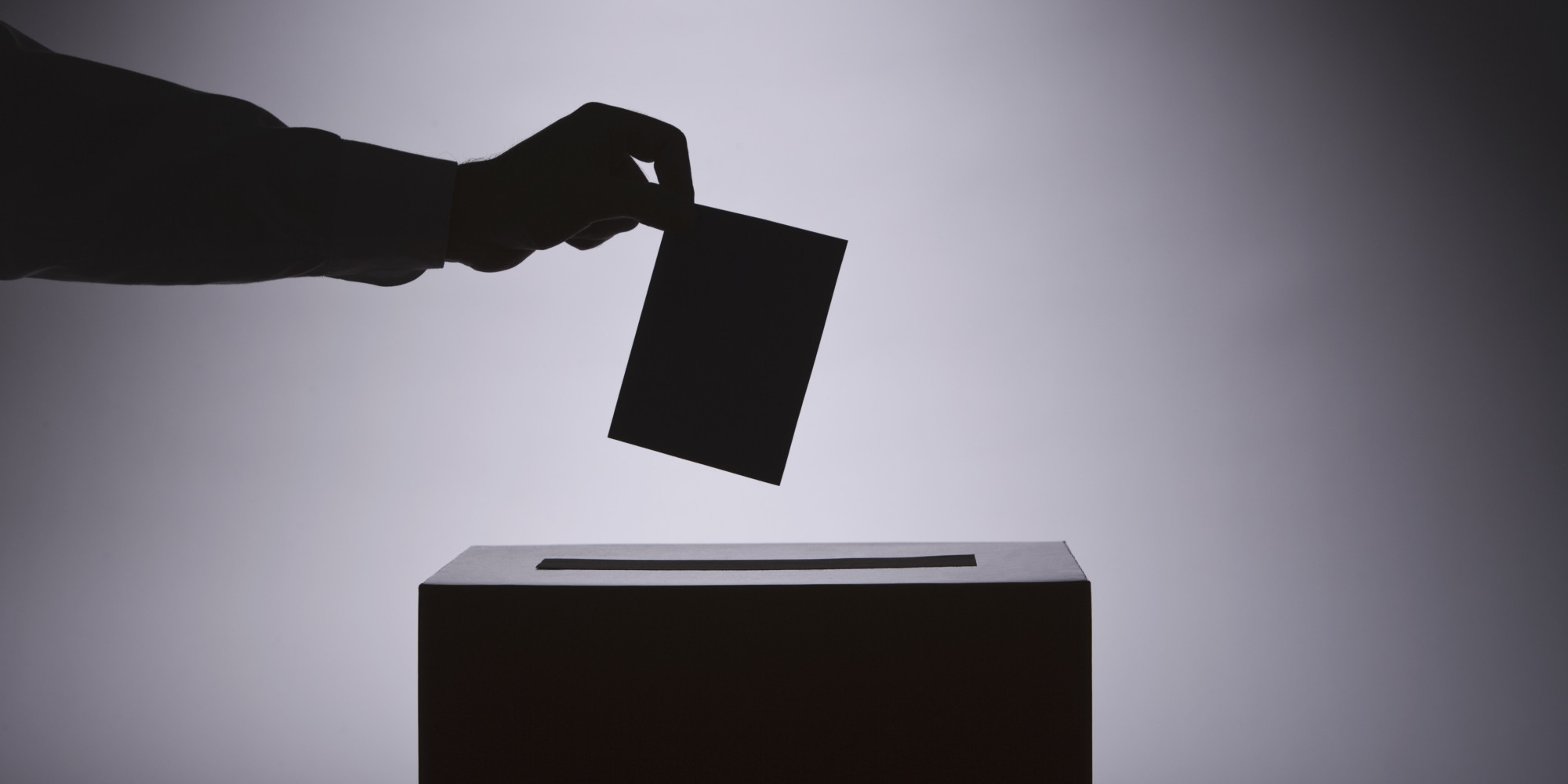Time to end disenfranchisement of Utah voters

Late last month the Utah County Clerk admitted his office had made a big mistake. The office had sent GOP primary ballots to 60,000 voters in Utah County who weren’t supposed to receive them. An election was being held but these voters were not allowed to participate.
That is the byproduct of the Republican Party closing its primary to most voters in Utah. This mistake underscores the reality that Utah elections have created the disenfranchised voter.
Who is this disenfranchised voter? It is the person who is legally qualified to vote — meeting age and residency requirements — but is not allowed to participate in the primary election unless his or her party is holding a contested race. The disenfranchised voter also includes the unaffiliated voter who has chosen not to affiliate with any party. Those voters are punished by our own state government for their lack of affiliation with the Republican Party.
Republican state and county officials have an easy solution for this dilemma — register as a Republican. In fact, that is the solution they currently propose to those voters who are the targets of the Utah County Clerk’s mistake. Their quick answer to the dilemma makes one wonder whether the “mistake” was an intentional way to gain more Republican registrants.
But what about the voters who do not want to register as Republicans? Yet they still want to have a say in who becomes their member of Congress or any other partisan office. Must they “sell their souls” to participate in an election that has a major influence on who becomes their representative? Should Utah citizens have to do that to vote?
This “mistake” also demonstrates keenly the fact that most Utah voters are paying for an election they themselves cannot participate in. Only a minority of Utah voters register as Republicans. Yet all Utah taxpayers pay for the Republican primary to take place. Should the state be running an election that most registered voters in the state cannot participate in?
One solution is to give an ultimatum to the state: open your primaries or pay for them yourselves. If you are excluding voters, then you should not be charging those same voters to pay for your primary. On the other hand, if everyone is allowed to participate — regardless of party affiliation or no affiliation — then the state should run the election.
If the United Utah Party was in charge, that’s how primary elections would be run. We favor open primary elections where any voter can participate, regardless of who they affiliate with or whether they affiliate at all. Our party constitution mandates open primaries for our party, not closed ones like the Republicans do.
We also encourage primary elections in the first place in order to give voters more of a say in who gets nominated to represent them. While the Republicans and Democrats set a threshold of 40 percent of convention delegates to force a primary, ours is 20 percent. That means there will be more frequent primary elections and the voters, not delegates, will be deciding who is the party’s nominee.
The United Utah Party offers a fresh approach to the way politics is conducted. We oppose the Republican Party’s efforts to exclude voters and then force those same voters to foot the bill for the GOP’s exclusive electoral process. We have formed as a party because we know that when it comes to political engagement, we can do better.
It is no surprise to us that voter turnout has fallen dramatically in Utah over the last half century. (Utah was top in the nation in voter turnout in 1968. Today, we are ninth from the bottom.) Voters are disenchanted because they have become disenfranchised. Politicians and political parties have succeeded in placing high barriers for citizen engagement in elections.
We want to lower those barriers and let the people back into the representative democracy our nation and state should have. It’s time to end politics as usual.
